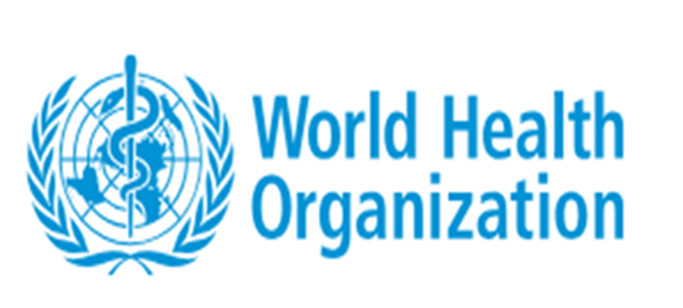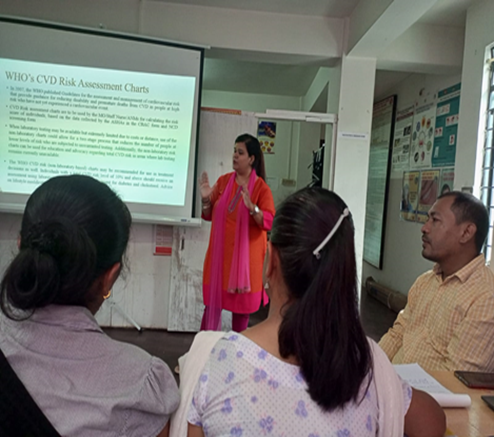Enhancing Community Health in Meghalaya through WHO's PEN Program for CVD and Metabolic Wellness.



IIPHG, with funding support from WHO, is currently implementing a new project in the state of Meghalaya titled “Enhancing Community Health in Meghalaya through WHO’s PEN Program for CVD and Metabolic Wellness.” The primary goal of this project is to bolster Meghalaya’s efforts in tackling non-communicable diseases (NCDs) by enhancing the screening and management of these conditions, as well as providing capacity-building support to healthcare workers involved in NCD prevention.
As part of this initiative, training sessions will be conducted in the East Khasi Hills and West Garo Hills districts at selected Primary Health Centres (PHCs). These sessions will target various healthcare personnel, including Medical officers, Staff nurses, ANMs, MLHPs, MPWs, ASHA facilitators, and ASHA workers. The training curriculum will cover CVD risk screening and management, as well as assessment and treatment planning for hypertension and diabetes. The guiding prevention model for this program will be WHO’s PEN program, with a specific focus on non-laboratory-based CVD risk assessment charts.
Following the completion of the training sessions, IIPHG will offer technical assistance for screening individuals aged 30 and above in the community for diabetes, hypertension, and cardiovascular diseases. The management and intervention strategies, both pharmacological and non-pharmacological, will be aligned with globally and nationally accepted norms.
This endeavour serves as an effective preventive measure by identifying potential high-risk individuals at an early stage and facilitating timely referrals when necessary. It also contributes to the ongoing NCD prevention program and promotes health awareness.
To date, an initial assessment of the ongoing NCD screening has been conducted at all selected PHCs and training sessions have been successfully completed for all the health staff at the facilities. Pre- and post-training assessments have demonstrated a significant increase in knowledge among the healthcare staff regarding the assessment and management of cardiovascular diseases, hypertension, and diabetes.